At first glance, Ireland’s general election has bucked global trends: the centre has held. If the exit polls are borne out, the century-long dominance of Fianna Fáil and Fine Gael appears set to continue, with another coalition government likely.
But storm clouds are gathering. The most recent ill-winds stirred when Simon Harris, the Taoiseach, faced what is perhaps the most exotic and daunting task for Ireland’s liberal establishment: an unscripted interaction with a voter.
Today, Ireland voted sheepishly for the status quo
In a painfully awkward exchange at a Cork supermarket — later immortalized online — Harris transformed from the ‘TikTok Taoiseach’ into Ireland’s answer to Veep. Confronted by a care worker who accused him of ignoring those like her, working on low wages caring for the disabled, Harris shot back, “No you weren’t.” The tetchy back-and-forth dragged on until Harris, glancing at the camera capturing it all, shook her hand and walked off. “Keep shaking hands and pretend you’re a good man,” the woman retorted. Harris turned back, only to retreat again when she added: “You’re not a good man because you don’t care about our people.”
Harris later embarked on an apology tour, but the damage was done. His party nosedived in the polls, with many likening the moment to British PM Gordon Brown’s disastrous “bigoted woman” remark. Though not a deal breaker, the incident left the Harris camp rattled. His office reportedly denied asking RTE to stop broadcasting the now-viral clip — a moment that could haunt his leadership if he heads a new coalition.
Harris’s premiership, should it materialize, may resemble Sir Keir Starmer’s in all the wrong ways. Ireland’s election mirrors Britain’s recent one, with voters so far appearing unenthused by the major parties which have all either lost support or remained stagnant. Friday night’s exit poll showed Fianna Fáil and Fine Gael on 19 and 21 percent, respectively, while Sinn Féin edged ahead with a whisker-thin 21.1 percent lead — well short of what’s needed for a party with no allies to form a government. Instead of rallying behind clear alternatives, of which pickings are slim, voters seem to have cast their ballots tactically for “lesser evil” candidates.
Into this vacuum have stepped some colorful figures. Gerry “The Monk” Hutch, a reputed Irish crime boss recently cleared of murder, has launched a bid for the Dáil. Posters in Dublin pitch him as the man to “take down the Irish government,” proclaiming he is “the only man that can’t be paid off, just like Trump.” At the time of writing, he is unlikely to be elected but is performing surprisingly well — surely the largest two fingers voters could hold up to the Irish establishment.
Another independent hopeful, Nick Delehanty, has built a popular TikTok campaign on the slogan, “Make crime illegal.” These unorthodox entries, unimaginable just five years ago, are as yet small but definite cracks in an ossified political system that rewards respectable conformity. It signals an electorate exasperated with two ruling parties that, on most substantive issues, including crime and mass migration, have in recent decades fused into a Siamese whole. How well these new outliers fare may hint at whether Ireland’s incipient but homeless grassroots populism could eventually reshape the country’s political landscape.
Yet more turbulence lies ahead as the Irish state braces for the return of Donald Trump to the White House in January — a figure many government officials have openly insulted. Such barbs are unlikely to ingratiate Dublin with the famously thin-skinned president, especially when his administration has signaled it could be the most hostile to Ireland since the country’s founding.
Dublin’s foremost concern is Trump’s reported plan to slash US corporate tax from 21 to 15 percent, enticing American multinationals to return home. With the stroke of a pen, he could undercut Ireland’s competitive tax rate and bring its years of plenty to an abrupt end. More than 10 percent of Ireland’s tax revenue comes from these companies — a figure that has surged by 500 percent since 2010. Should that flow reverse, Ireland could find the tide coming in rather fast. The state’s ability to spend its way out of crises — such as the nearly €2 billion ($2.1 billion) it allocates annually to asylum services — would shrink just as numbers reach new heights and public patience wears ever thinner.
Dublin has also drawn the ire of Elon Musk and the US House Judiciary Committee over its efforts to regulate “hate speech” on social media platforms headquartered in Ireland. Musk’s X is currently suing Ireland’s media regulator, invested with powers to fine companies for ill-defined breaches of acceptable language by its users — not only in Ireland but worldwide. With Trump’s ear, Musk will have little difficulty persuading him that Irish laws should have no business overriding the First Amendment rights of American citizens — an outrage the president is unlikely to overlook.
On Friday, Ireland voted sheepishly for the status quo. But the ingredients for sweeping change are all there — change that, as Lenin observed, can take decades to brew but unfold in weeks. When that moment arrives, this election may be remembered as the last gasp of an ancien régime: out of ideas, but not yet out of time.



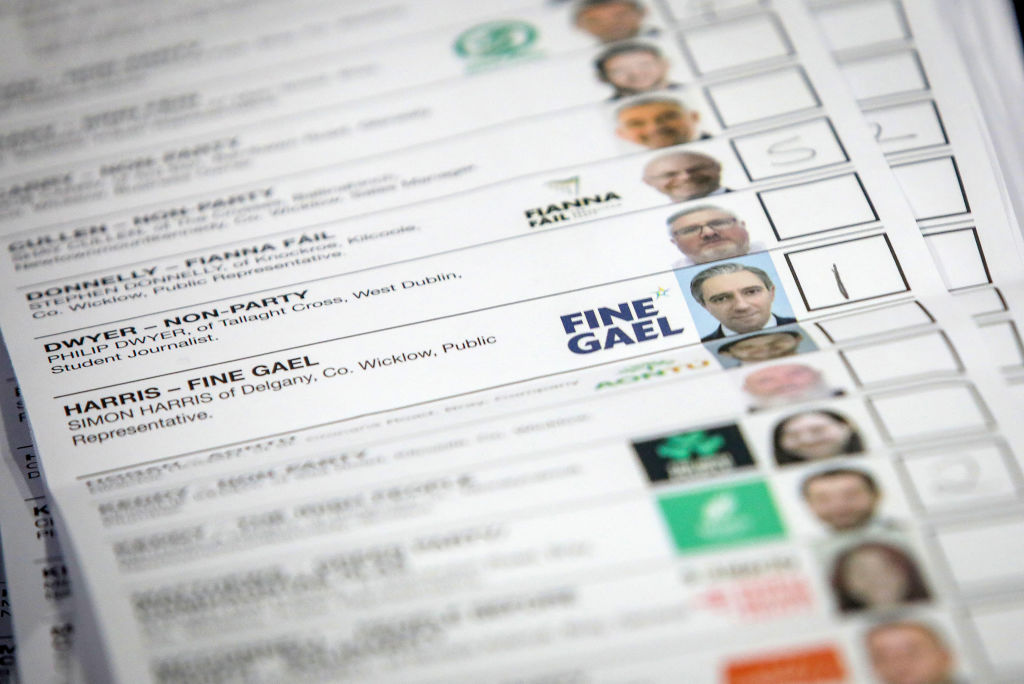










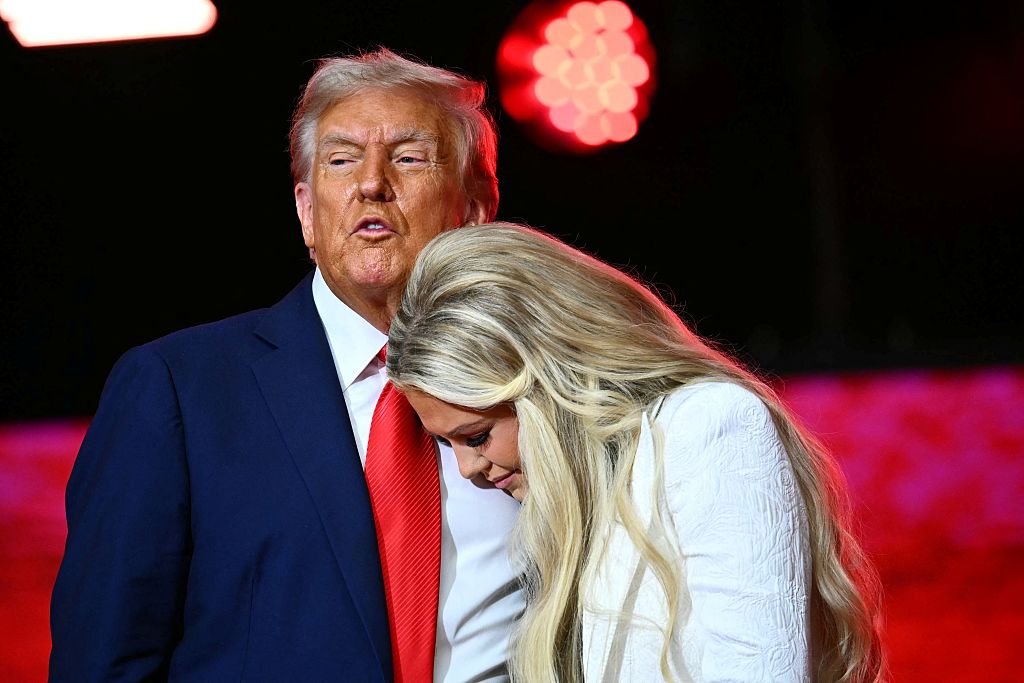
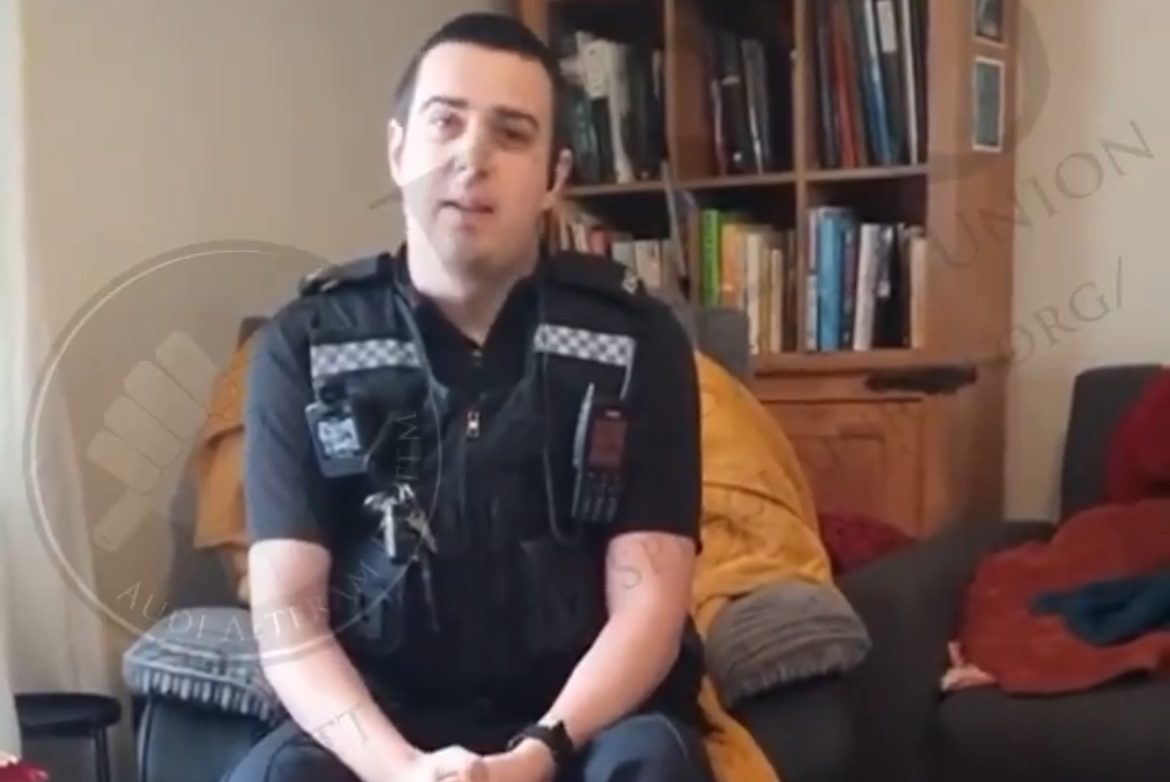
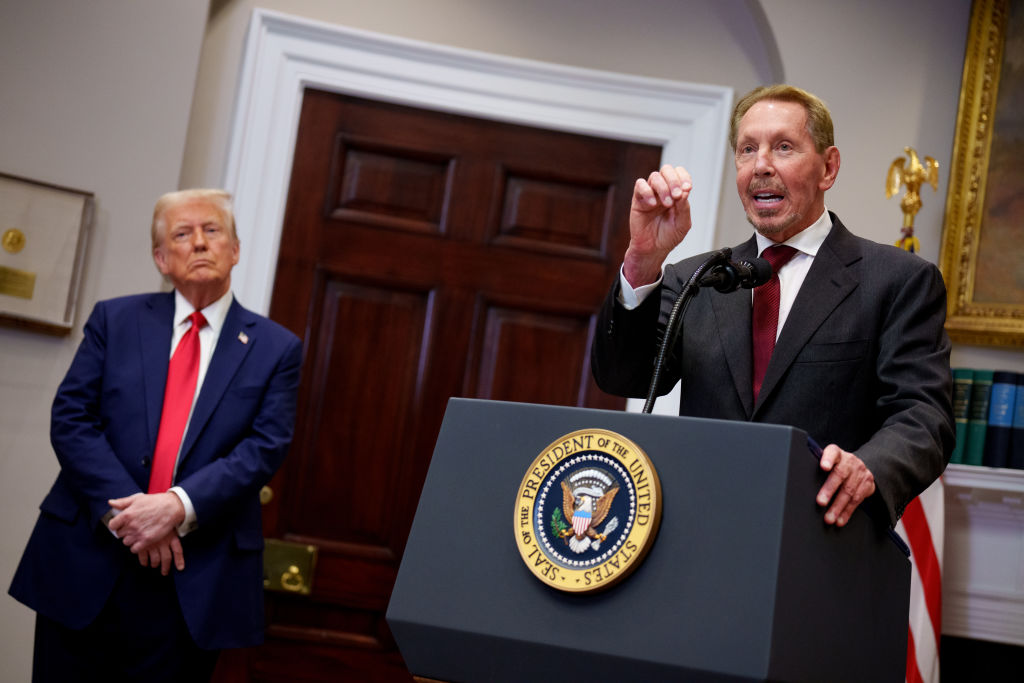
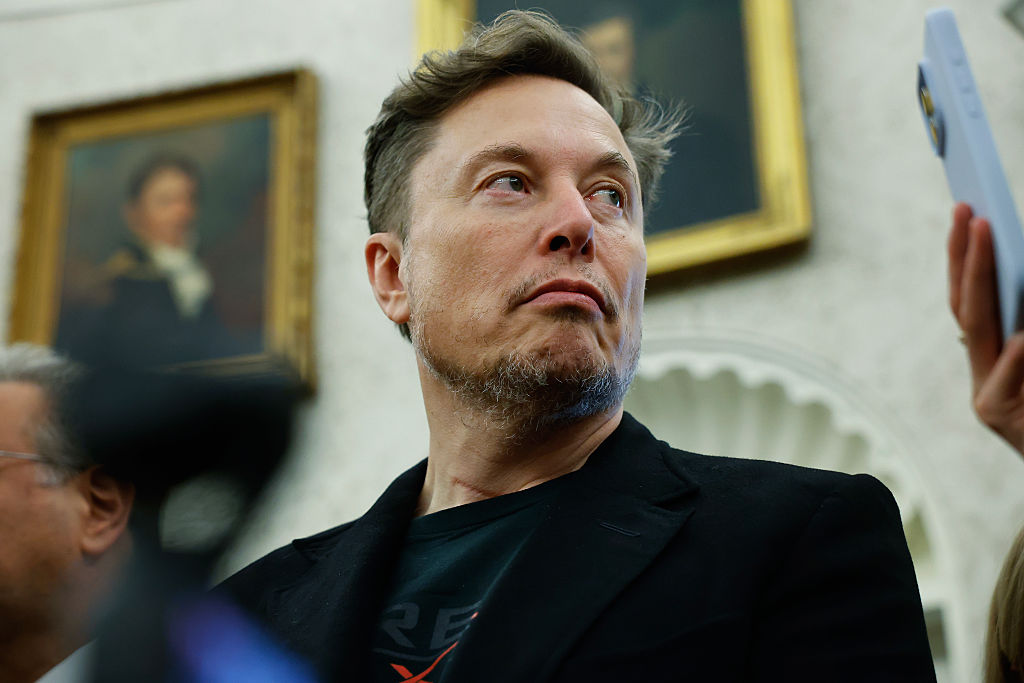
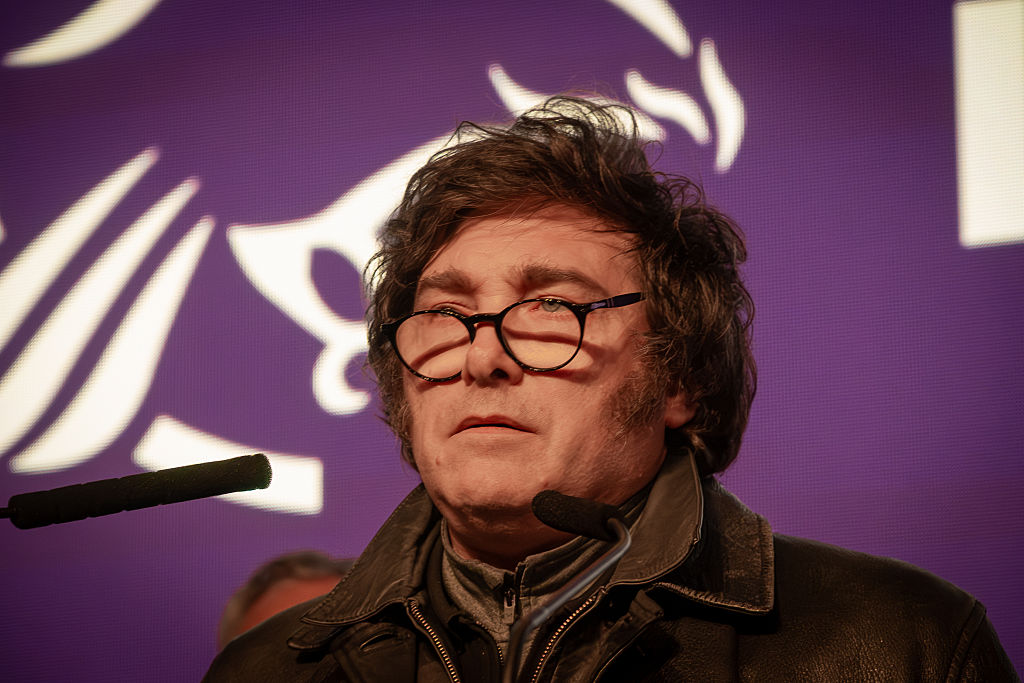







Leave a Reply